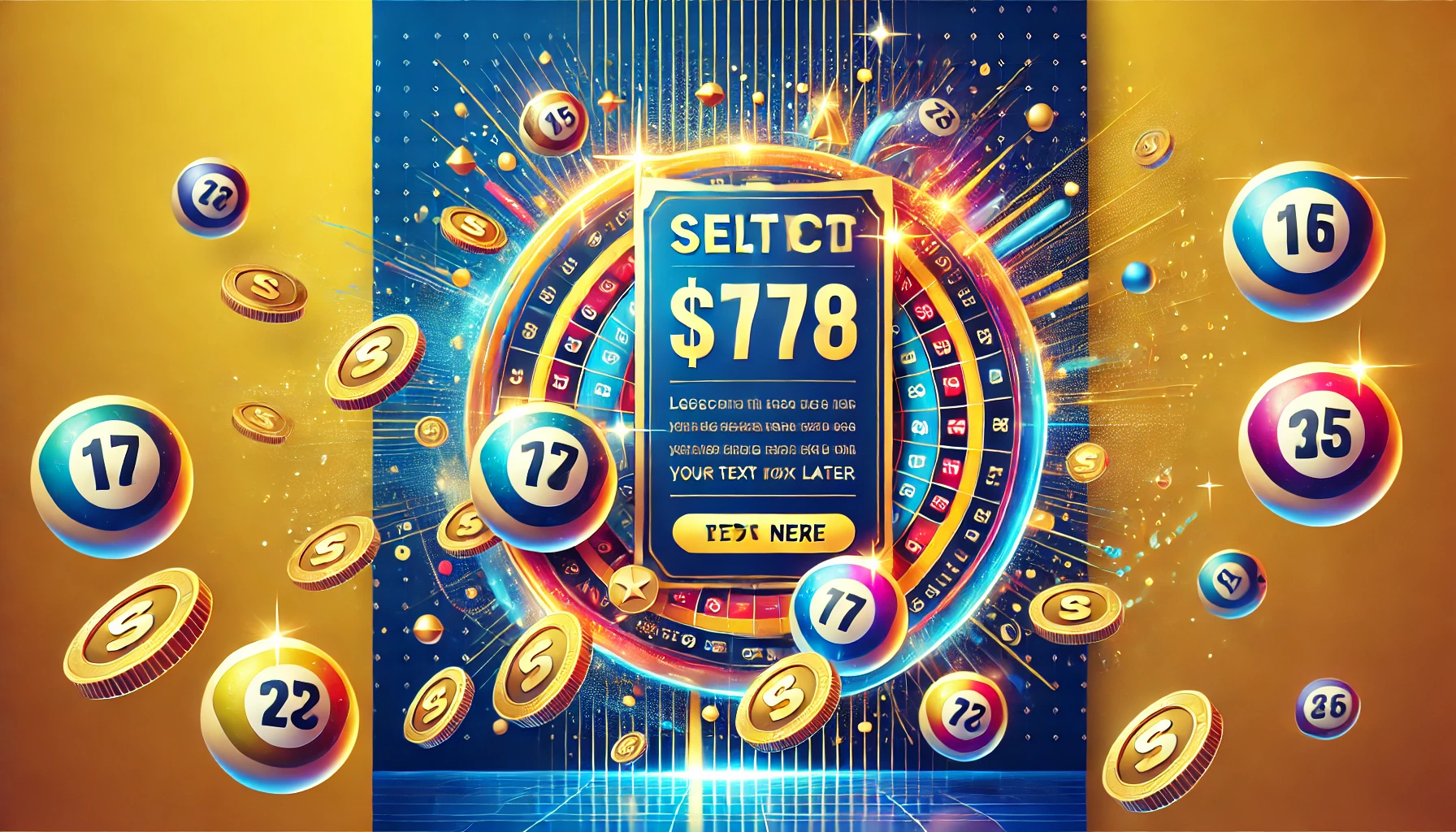Introduction
The lottery is a game of chance, but that doesn’t mean your choices have to be random. Picking the right lottery game can significantly improve your odds of winning and maximize potential payouts. With so many lottery options available, from national jackpots to smaller state games, knowing how to identify the best games can give you an edge. This guide will help you uncover the secrets to spotting lottery games that offer bigger payouts and better opportunities.
Section 1: Understanding Lottery Basics
1.1 The Appeal of Lottery Games
Lotteries offer excitement, the thrill of possibility, and the dream of life-changing winnings. But not all games are created equal—some offer higher odds of winning smaller prizes, while others promise massive jackpots with tougher odds.
1.2 Key Terms to Know
- Odds: The probability of winning a prize in a game. Lower odds mean higher chances of winning.
- Jackpot: The top prize in a lottery game, often shared by multiple winners.
- Payout Ratio: The percentage of ticket revenue that goes back to players as prizes.
Section 2: Factors to Consider When Choosing a Lottery Game
2.1 Prize Size vs. Odds
- National Lotteries: Games like Powerball or Mega Millions offer huge jackpots, but the odds of winning are astronomical.
- State Lotteries: These usually have smaller jackpots but better odds.
- Scratch Cards: Instant-win games with smaller payouts but high chances of winning.
2.2 Ticket Price
Higher-priced tickets often come with better odds and larger payouts. Compare the cost of tickets against the potential prizes to assess value.
2.3 Frequency of Draws
Some lotteries have multiple draws per week, while others are drawn less frequently. Frequent draws give you more opportunities to play but can also lead to overspending.
Section 3: Strategies to Spot the Best Lottery Games
3.1 Look for Games with Favorable Odds
Smaller lotteries, like state or regional games, often have better odds than large, multi-state lotteries. For example:
- A state lottery might have odds of 1 in 1 million.
- A national lottery could have odds of 1 in 292 million.
3.2 Research the Jackpot History
Games with rollovers (jackpots that grow when no one wins) can sometimes offer exceptional value when the prize builds up. However, this also attracts more players, increasing competition.
3.3 Consider Second-Chance Lotteries
Many lotteries allow losing tickets to be entered into second-chance drawings. These offer an additional chance to win without buying more tickets.
3.4 Compare Payout Ratios
Some lotteries return a higher percentage of revenue as prizes. Look for games with payout ratios of 50% or more.
Section 4: Leveraging Technology for Better Choices
4.1 Lottery Apps and Tools
Use lottery apps to:
- Check odds and jackpot sizes.
- Track past winning numbers.
- Get reminders for ticket purchases and draw dates.
4.2 Online Lotteries
Some platforms offer online-only lottery games, often with better odds and unique prize structures. Ensure these are legitimate and licensed before playing.
Section 5: Tips for Responsible Lottery Play
5.1 Set a Budget
Only spend what you can afford to lose. Treat lottery tickets as entertainment, not an investment.
5.2 Avoid Chasing Losses
Winning isn’t guaranteed, and chasing losses can lead to overspending. Stick to your budget and play responsibly.
5.3 Join a Lottery Pool
Increase your chances of winning by pooling resources with friends, family, or coworkers. While prizes are shared, the odds of winning improve significantly.
Conclusion
Spotting the best lottery games is about balancing odds, ticket costs, and prize sizes to find games that fit your goals and budget. Whether you aim for the massive jackpots of national lotteries or prefer the better odds of smaller games, informed choices can make your lottery experience more rewarding. Remember, while the lottery is a game of chance, smart strategies can make your odds of winning feel a little less random. Good luck!

